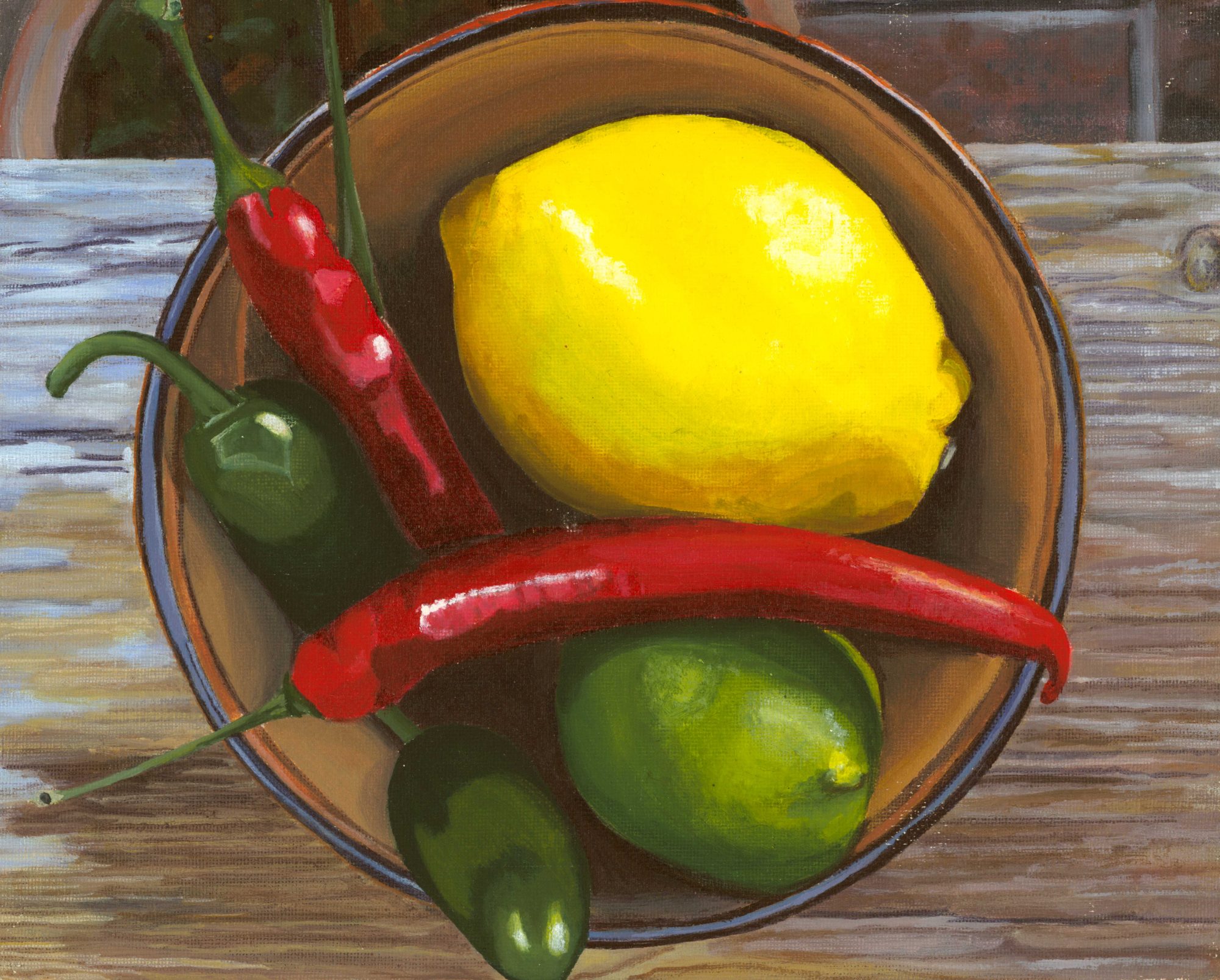I have been making cards and prints for a craft show which may still not happen, in an effort to raise money for summer holiday art packs, and sending hopeful begging emails besides. Time is running out, and it looks like I might have nothing left to show for it but never needing to buy a birthday card even again.
But I have been cheered by this interview with Tacita Dean, colossus of the art world: https://www.theguardian.com/artanddesign/2021/may/27/tacita-dean-pandemic-free-time-useless-shite-zeit-lockdown , not that I’m saying that we have much in common besides spending a disheartening chunk of last year starting at the walls.
Other people’s work: whistles, string and metaphysics
There are a lot of things about Britain in the Seventies that no one should miss: tufted carpets and leatherette seats; sweaty nylon sheets; a near-universal colour scheme of orange and brown; some truly disgusting food; drink-driving for the men and Valium for the wives.
It was, though, a golden age for books and television for children, and Smallfilms, the production company of Oliver Postgate and Peter Firmin, made some of the best of it.
From an old cowshed, with cutting-edge animation supplies like knitting and blu tac, Smallfilms produced programs for the BBC for twenty years, including Noggin the Nog, Ivor the Engine, the Clangers and Bagpuss, voted the favourite British children’s program of the 20th century.
In interviews he gave in the early 2000s, Postgate described a set up program makers and commissioners today would hardly believe could exist, let alone work – basically, he and Firmin would turn up in London once a year with a fresh batch of programs, be taken to lunch and given some money to make more. The technology might have been primitive by modern standards, but they could produce two minutes of program footage a day – and fifty years on, Aardman might expect two or three seconds on a good day.
A large part of Smallfilm’s work endures because of nostalgia (not to mention a hugely successful merchandising arrangement); modern children can find them slow or just plain weird (even when they were first aired, many people assumed that hallucinogens were involved in their creation). But watching them again with my (only mildly interested) children, it struck me that these endearingly clunky shorts are actually complex things that ask more questions than they answer; and have the quality (rare in modern life, let alone children’s telly), of treating their audience with respect.
As a one-off in 1974, Smallfilms made an episode of the Clangers with came closer than usual to satire. It was only broadcast once, and in an interview towards the end of his life, Postgate himself presumed it lost. But sometimes YouTube works in mysterious ways…
However small
In the weeks before Easter I was scrounging up supplies to make into art packs for my local foodbanks. This first time I did it, at Christmas, I was using materials I had bought to take to the festival I have done for the past few years, and had nowhere to store for the winter.
This time around, having tried and failed to get some art suppliers to donate materials, I asked around at work and people generously gave me all kinds of things, from new sets they had bought to things their children or grandchildren didn’t need any more. After a week or two of driving around town to collect them, and another couple cleaning and sorting and getting blisters sharpening many, many pencils I had put together about forty packs. It felt simultaneously purposeful and unsatisfying: at least I was doing something that might help someone; but it was a pitifully small gesture.
Since then we have been clearing the house to try and move, if there is anything left we can afford to move to. The conservatory, where I paint, is cavernous now that fifteen years of family detritus has been removed, but I don’t have time to use it.
Over the winter I have done some collage, using failed prints and painted papers, but it feels more like some kind of neurotic displacement activity than being creative; and since it has the side effect of strewing the house with tiny bits of paper that make it look like we have mice, that’s probably going to have to stop for a while as well. Since there is nothing like not being able to do something to make you want to, I have notions to paint and print all sorts; collographs, lino, some more wipe-back, maybe some drypoint…
Dislocation

Wanting a change of scenery, we drove a few miles down the road to the woods on a cold and foggy morning, hoping that the uninviting weather would put people off.
Fat chance – when we got there we couldn’t even park, and hoards of sweaty men in Lycra, all old enough to know better, were thundering through the trees on mountain bikes, churning up mud while the wildlife cowered in the bushes. So we gave up and headed home, past the place where I technically work, although I haven’t set foot in the office for almost a year now.
Although it was never part of a plan, or career move (ha!), I have worked there for almost twenty years now; and when I was a kid I had friends whose parents worked there, so in some ways it is more familiar to me than my home. The reflex to swing past the entrance gate and down into staff parking was strong, even though Security would probably have shown up with Hazmat suits and tasers if I had.
I miss it, I realised – not the work, which came with me; not the motley collection of buildings or their shared toilets, or hurrying across the site in the rain late for a meeting in a room I’m not sure how to find – but I do miss the gardens, and the people (even the ones I talk to most days); and the space, my desk, a decent chair… and beyond that, the sense of place and purpose, somewhere to go and somewhere to be (which is increasingly hard to remember).
All this long, long year work has supported us, encouraged us to look after ourselves and each other, repeated over and over that we are all doing what we can and there is nothing more important than our health. I am hugely and constantly grateful. But as we drove past the gates I did wonder how long it might be until I go back there; and if it will ever again feel as familiar as it did before last year. Or as safe.
Other people’s work: cake face
One of the best things about teenagers is their ability to dredge up unexpected treasure from the strata of pop culture. It doesn’t matter to them if it’s five years old, or fifty – everything is history. The strangest things are brought out, dusted down, repurposed and memed around the world. Often the original creators, or anyone old enough to remember the original incarnation, are caught by surprise, as by the recasting of Chuck Norris as an internet demi-god, or Matthew Wilder’s bewilderment in the face of his one hit song exploding all over TikTok more than thirty-five years after it faded from the charts.
They love to share their enthusiasm, like true fans, and while some of it passes me by (Marty Robins, from before even I was born; the – apparently – hysterical origin of the internet phrase ‘And I oop’), but I have also got to share in a whole new cultural canon ranging from Jack SepticEye to Dolly Parton.
For quite a few years, one of the kids has been a big fan of Taskmaster, tracking the show down on obscure cable channels. Over the summer it transferred to Channel 4; and since everyone was spending much more time watching TV, and it was one of the rare things we all liked, we settled down to work our way through ten seasons of it.
On one nameless day over the long, hot summer, with bad things behind us and more clearly yet to come, we watched Liza Tarbuck make Alex Horne sit bare-arsed on a large cream cake, and laughed until we choked at the expression on his face.
Wherever you look, there isn’t much to laugh about, but we saw it again the other day and it’s still funny. So I’m grateful to Alex Horne and Greg Davies, and their guests and production crew, for the time and effort they put into making a polished piece of inventive low-budget absurdity; and grateful to my kids for the recommendation, and a million other things besides.
